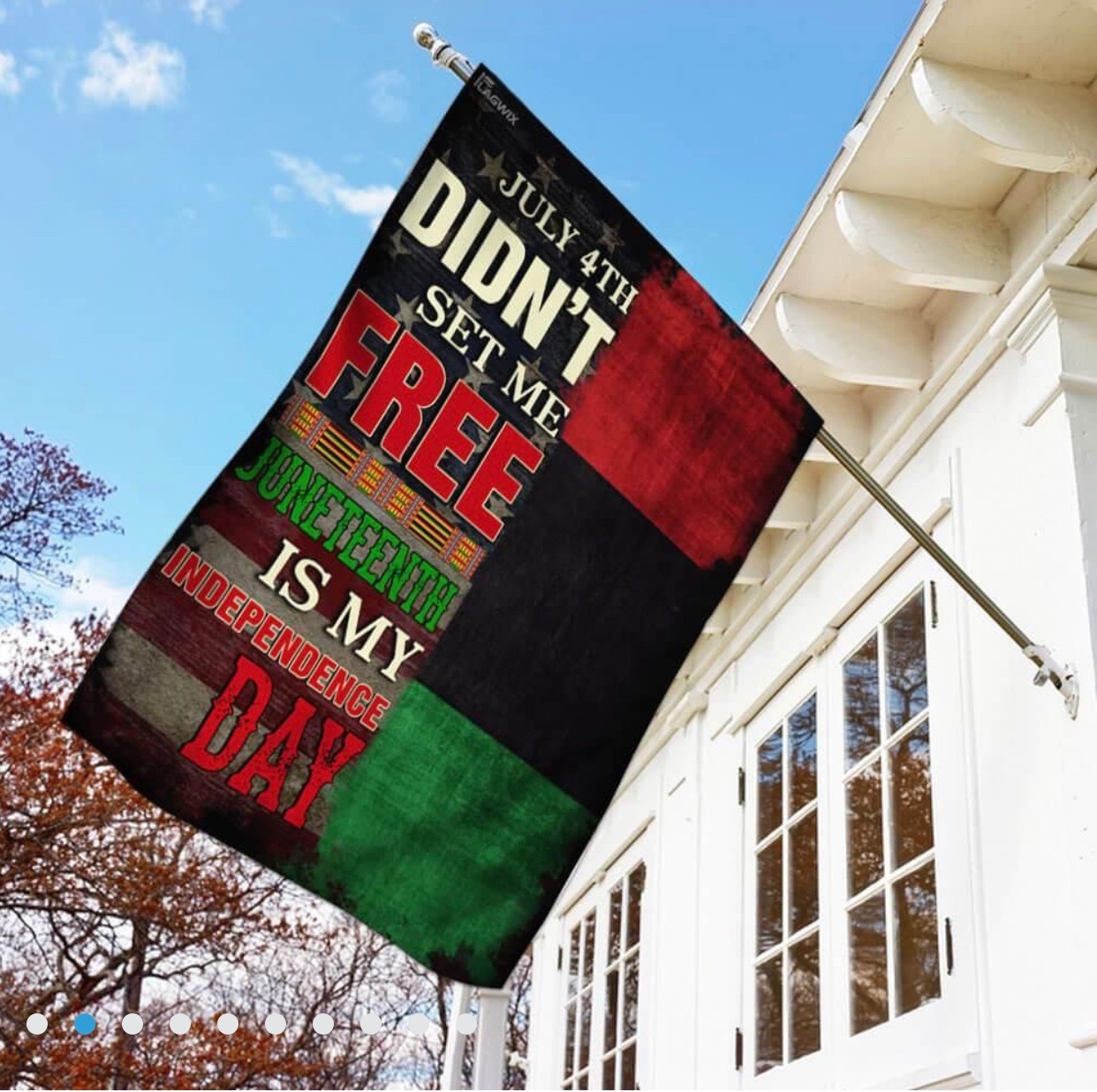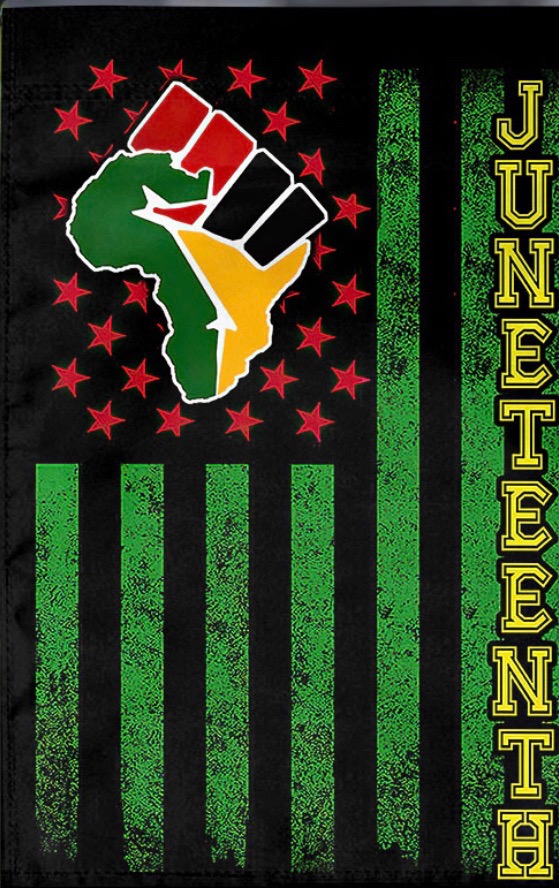Juneteenth. Ironically, as a Black woman, the history surrounding this amazing day was not told to me as a young girl…not even by my family. What was largely shared and celebrated was the 4th of July Independence Day as THEE day that WE ALL should celebrate, even though we ALL were not liberated.
As a mom with a teenage son who understands the depths of heritage that can be lost by omitting history, I was determined not to repeat that cycle of negligence. Living in the rich, historic community of Rosedale Park within the city of Detroit where the annual Juneteenth holiday is celebrated without fail, I was disheartened to realize how much I did NOT know about it myself.
What is Juneteenth?
 Juneteenth is an annual observance to celebrate the date Union soldiers enforced the Emancipation Proclamation freeing all remaining slaves in Galveston, Texas, on June 19, 1865. Texas was the last state in rebellion, following the end of the Civil War, to allow enslavement. Although the rumors of freedom were widespread prior to this, actual emancipation was not announced in the last state practicing enslavement until General Gordon Granger came to Galveston, Texas and issued General Order #3, on the “19th of June,” almost two and a half years after President Abraham Lincoln signed the Emancipation Proclamation.
Juneteenth is an annual observance to celebrate the date Union soldiers enforced the Emancipation Proclamation freeing all remaining slaves in Galveston, Texas, on June 19, 1865. Texas was the last state in rebellion, following the end of the Civil War, to allow enslavement. Although the rumors of freedom were widespread prior to this, actual emancipation was not announced in the last state practicing enslavement until General Gordon Granger came to Galveston, Texas and issued General Order #3, on the “19th of June,” almost two and a half years after President Abraham Lincoln signed the Emancipation Proclamation.
It’s important to understand that Black people were not allowed to learn to read, and all news and important information was typically passed on to the Black community as the slaveholders saw fit. This is another reason for such jubilation surrounding the actual news of the true emancipation from slavery.
Juneteenth is also known as Freedom Day, Jubilee Day, and Cel-Liberation Day. Juneteenth has been celebrated since 1865. Texas was the first state to recognize Juneteenth as a holiday. Since then, 47 states and D.C. have marked it as a state holiday or observance.
Today, we finally celebrate the House passing a bill to recognize June 19 as a federal holiday. People have been lobbying for decades to change this, especially now in the current climate of this country.
What’s the difference between Juneteenth and Independence Day?
July 4 is America’s birthday. On this day in 1776, the Declaration of Independence was signed, freeing the country from British rule. But that freedom didn’t apply to Black people. Slavery was still legal when the Constitution was signed, and slaves weren’t granted freedom until almost 90 years later.
Most choose to celebrate Juneteenth with amazing parades and storytelling, which is reminiscent of how we passed on the vibrant rich history within our community. We enjoy phenomenal music, food, and family. Barbecues are the most common way to come together and enjoy the festivities of the day.
The vibrance of the time is to mimic the vibrance of who we ARE…in spite of what hurts us most. Juneteenth is a call to remember what was supposed to be real freedom.
How can YOU celebrate Juneteenth?
- Fly the Juneteenth flag and honor Black military veterans.
- Gather with families unlike your own and sincerely learn about them.
- Discover the celebrations in and around your community and participate.
The founder of the National Juneteenth Celebration Foundation, Ben Haith, created the flag in 1997. It was later revised by L.J. Graf in 2000 to what we know today. The date, June 19, 1865, was added in 2007. The foundation’s website says the flag was made to be red, white and blue since those are the colors of the American flag and to declare that American slaves, as well as their descendants, are all Americans. The star represents the birthplace of the holiday, Galveston, Texas, since Texas has a star on its own flag. Graf says that the bursting star that surrounds it symbolizes “a new freedom, a new people, a new star.”
Even though the colors of the Juneteenth flag are red, white, and blue to align with the traditional American flag, you will see most people, especially Black people wearing more Red, Yellow and Green that connect more to African roots, heritage, and symbolism related to Black liberation.
How will Detroit celebrate?
- Juneteenth 3-Day Series
- The Melanated Mixer (A Juneteenth Open Mic Experience)
- Juneteenth in the D
- Detroit Black Wall Street Juneteenth Celebration
- More Juneteenth festivities
For the first time in my adult life, this Juneteenth means more than it ever has before. It’s as if my roots have somehow grown deeper; my pain is somehow battling with my pride in exactly who I am as a Black woman, mother, entrepreneur, and successful contributor to my community and those connected to us. While I am more free than those who suffered before me, I am not totally free until my son and those coming behind me can experience more than freedom — equity.












